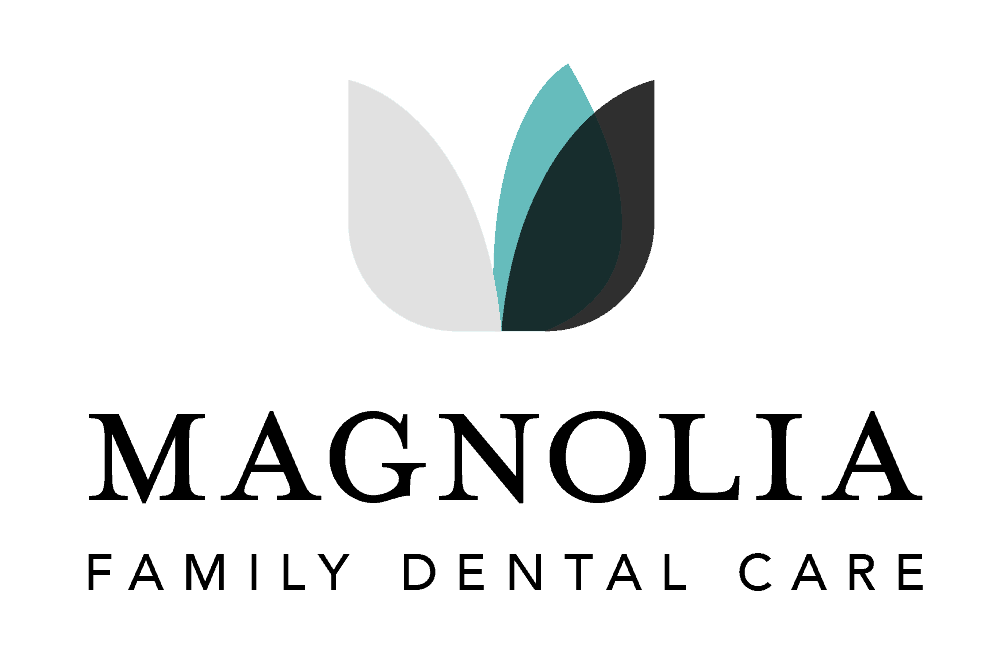
What is TMJ And Is There A Cure?
Temporomandibular joint (TMJ) disorder is a condition characterized by pain in the jaw and surrounding muscles. This disorder affects millions of people, making it one of the most common types of chronic facial pain.
The TMJ is a complex joint that connects the jawbone to the skull and facilitates the opening and closing of the mouth. TMJ disorder can cause difficulty chewing, talking, yawning, and even simply opening and closing your mouth during any daily activity.
Symptoms of this disorder can also include headache, ringing in the ears, neck ache, and vertigo. TMJ disorders can be caused by a variety of factors such as arthritis or muscle strain from clenching or grinding teeth.
Treatment for TMJ includes lifestyle changes, physical therapy exercises to strengthen jaw muscles, medications to relieve pain and inflammation, injections for severe cases of TMJ disorder, and surgery to repair any damage that may have been caused.
TMJ disorder is a chronic condition, and it is important to identify and address the root cause of TMJ pain to find relief from symptoms and improve the overall quality of life.
TMJ Symptoms and Diagnosis
TMJ has a lot of possible symptoms that can accompany it. A few of those symptoms include pain in the face and jaw area, difficulty opening or closing the mouth, clicking and popping sounds when chewing or talking, headaches and neck aches, dizziness, tinnitus (ringing in the ears), earaches, and soreness behind the eyes.
Some other symptoms can include limited mobility when trying to open your mouth widely or having trouble fully closing it. TMJ can also cause facial muscle spasms as well as a feeling of fullness in your ears.
Unfortunately, TMJ can be difficult to diagnose because its symptoms can overlap with many other conditions. To make an accurate TMJ diagnosis, your doctor will take a detailed medical history and conduct a physical examination.
Your doctor may also order imaging tests such as X-rays or MRI scans to identify any anatomical issues that could be causing your TMJ symptoms. If a definitive diagnosis is not reached through these methods, then your doctor might refer you to a specialist who has experience diagnosing TMJ disorders, such as an otolaryngologist or dentist.
The specialist may suggest additional tests such as electromyography (EMG), which measures muscle activity, or joint arthrography, which uses imaging to help identify TMJ disorders. It is important to get an accurate diagnosis to ensure that you receive the appropriate treatment plan for your TMJ disorder.
TMJ Treatment
 TMJ treatment varies depending on the severity of the condition. Common TMJ treatments include physical therapy, lifestyle changes, medications, injections, and surgery.
TMJ treatment varies depending on the severity of the condition. Common TMJ treatments include physical therapy, lifestyle changes, medications, injections, and surgery.
Physical therapy includes exercises to strengthen and stretch your facial muscles to improve TMJ symptoms and reduce pain.
Massage or other manual therapy may also be recommended by your therapist.
Lifestyle changes can help reduce TMJ discomfort such as avoiding hard or chewy foods, quitting smoking (if applicable), reducing stress levels through relaxation techniques or counseling, wearing a nightguard when sleeping to avoid tooth grinding (bruxism), and avoiding extreme jaw movements.
Medications such as non-steroidal anti-inflammatory drugs (NSAIDs) or muscle relaxants may be prescribed to reduce TMJ pain and inflammation. Injections of Botox may also be used to temporarily paralyze TMJ muscles, reducing pain in the process.
In more extreme cases, surgery may be necessary to correct TMJ problems. This typically involves reconstructive procedures that are designed to realign the joint or reshape bones to improve function and reduce discomfort.
TMJ Prevention
One of the most important steps you can take to prevent TMJ is maintaining good posture. Poor posture can place strain on the jaw joints and muscles which could worsen TMJ symptoms.
Practicing good posture by sitting up straight with your chin tucked slightly inward will help reduce pressure on the TMJ and relieve TMJ-related pain.
It’s also important to practice good dental hygiene to prevent TMJ. Brushing and flossing your teeth every day will help keep your jaw muscles healthy and reduce TMJ-related inflammation. Additionally, avoid using hard or stiff toothbrushes as these can further irritate the TMJ area.
Along with good hygiene, it’s also important to manage stress levels to prevent symptoms from worsening. Stress causes tension in the jaw which can make TMJ pain worse. Taking time out of each day for relaxation can help reduce this tension and relieve TMJ symptoms.
Activities such as yoga, meditation, or even chatting with a friend can help alleviate stress and improve TMJ-related pain.
Finally, it’s important to see a dentist if you experience any TMJ-related symptoms. TMJ is a complex condition and it’s best to get an accurate diagnosis from a medical professional before attempting any form of treatment.
Your dentist can help determine the cause of your TMJ symptoms and provide advice on how to prevent TMJ from developing or worsening.
Related Questions
How to find a dentist?
You can find a qualified dentist by simply performing a basic internet search or you can ask family and friends if they have a preferred dentist that they use.
How often should I go to the dentist?
Generally speaking, it is recommended that you visit the dentist twice a year for a routine checkup and cleaning. This helps to ensure that any potential issues are caught early and can be addressed quickly, preventing further damage from occurring.
